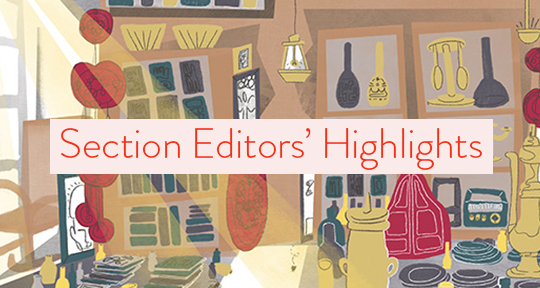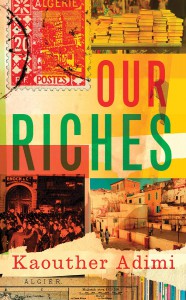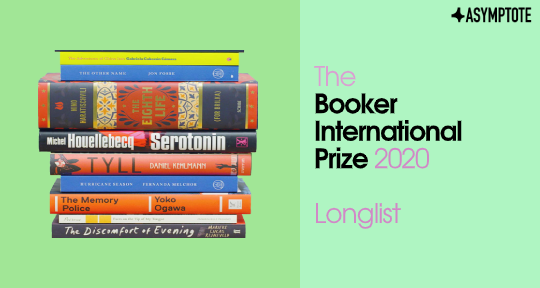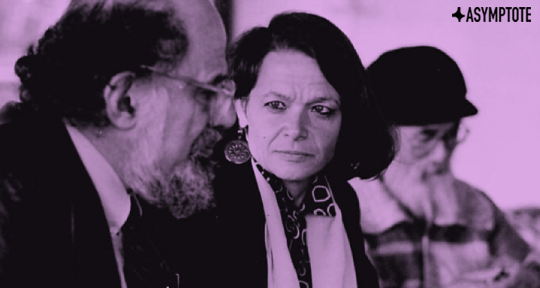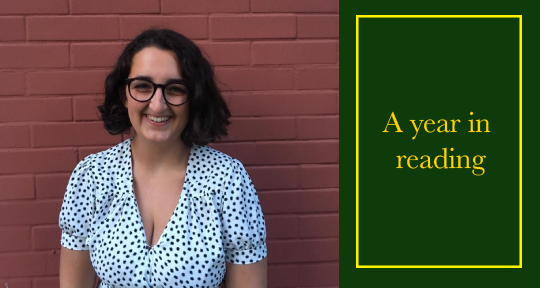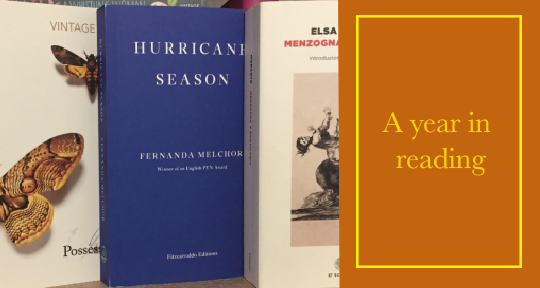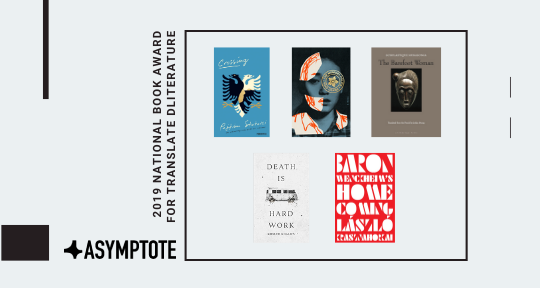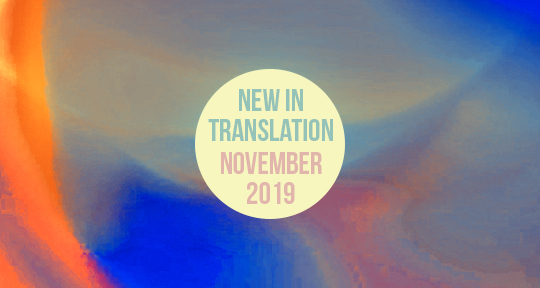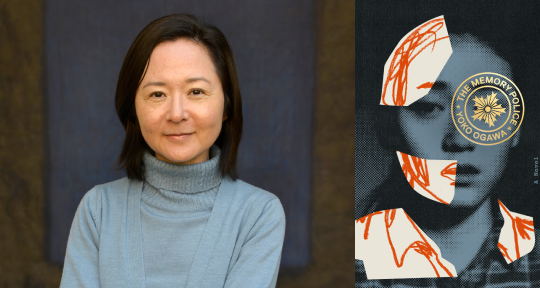The best that literature has to offer us is not resolution, but that Barthian sentiment of recognition—the nakedly exact internal sentiment rescued from wordlessness and placed in a social reality. In this month’s selections of translated works, the authors confront a myriad of trials and ideas—despair, rage, guilt, purpose, obsolescence—with stories that attest equally to the universality of human feelings and the precise specificities of localities. Read reviews of four spectacular texts from Japan, Korea, Spain, and Mexico now:
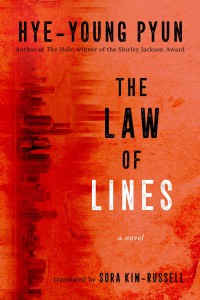
The Law of Lines by Hye-Young Pyun, translated from the Korean by Sora Kim-Russell, Arcade Publishing, 2020
Review by Marina Dora Martino, Assistant Editor
How does the world change us? Is it life and its unpredictable events that bend us; or is it something more fundamental, something that has always been hatching inside ourselves, ready to ripen at the right occasion? These questions act as the fundamental hinges of The Law of Lines, a novel written by South Korean author Hye-Young Pyun and translated by Sora Kim-Russell. Although ambitious and abstract, these existential questions acquire here a concrete form—they are investigated—not by philosophical or religious means—through the stories of two young women, Se-oh and Ki-jeong. Set in the vast South Korean suburban world, The Law of Lines travels through injustice, poverty, and grief, and exposes the thin threads that run between people who didn’t even know they were connected.
Ki-jeong is a teacher. She doesn’t like teaching—actually, she hates it. To get through her day, Ki-jeong transforms her life into a performance, and herself into a mere act of herself. Only in this way she manages, with varying degrees of success, to hide her frustration, her disengagement, and her lack of empathy for the people around her. Se-oh is a young woman who lives as a semi-recluse at her father’s house. She doesn’t go out because she fears the world, that churning machine that ruins and distorts everything. Ki-jeong and Se-oh don’t have dreams of a better life, or not exactly. They are dormant and static. But their stillness is not only a desire for tranquillity—it’s a method for concealment.
Soon, the world presents them with irreversible and unpredictable events, and their apparently quiet lives break irrevocably. In the middle of a stressful day at school, Ki-jeong receives a mysterious phone call that throws her on a desperate search for the truth. Her half-sister, the one Ki-jeong and her mother had never managed to really love, becomes her only thought and anchor to reality. Se-oh is almost home after one of her rare trips to the stores when she is startled by the view of her house enveloped by fire. She sees the paramedics carrying away a man on a barrel, and from then on, her life turns into a quest—to track down and plan the destruction of the man she blames for everything that went wrong. READ MORE…


